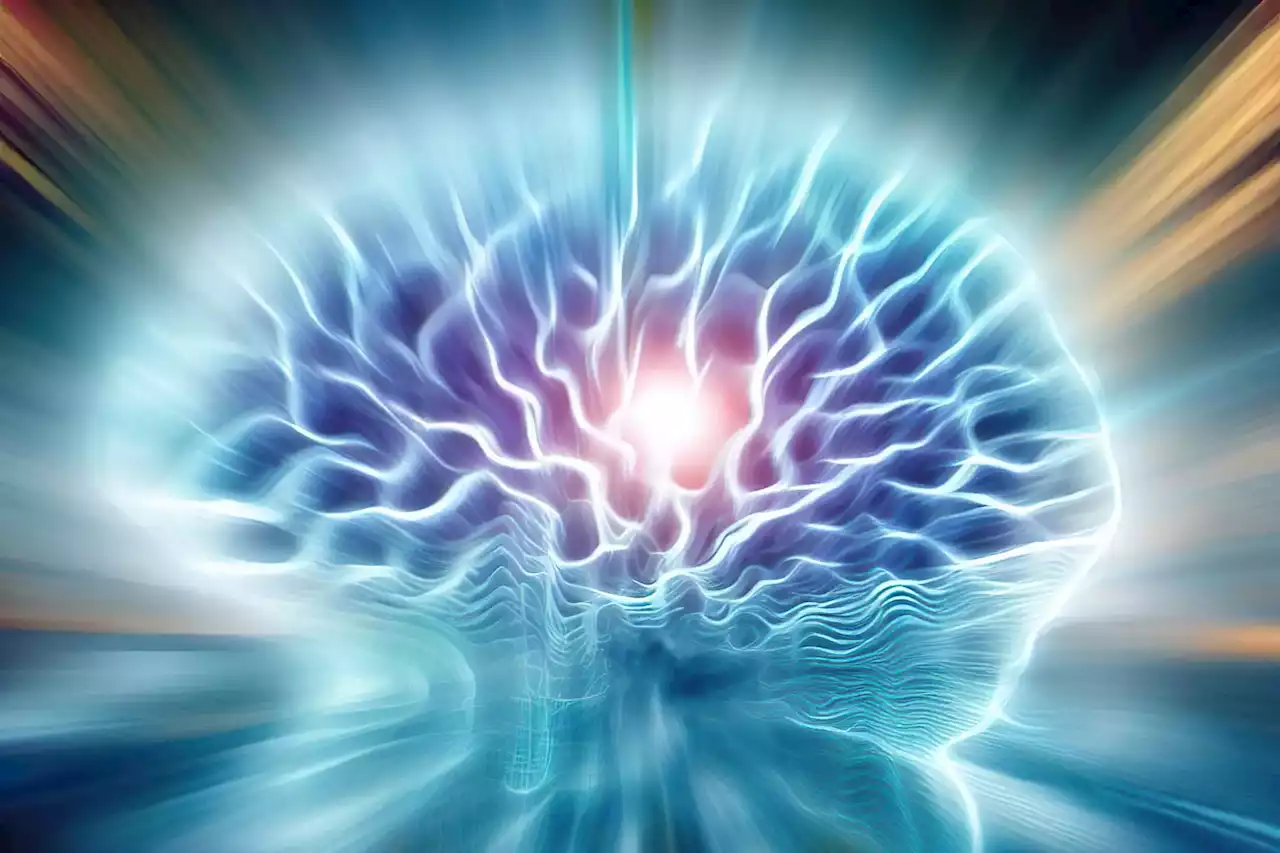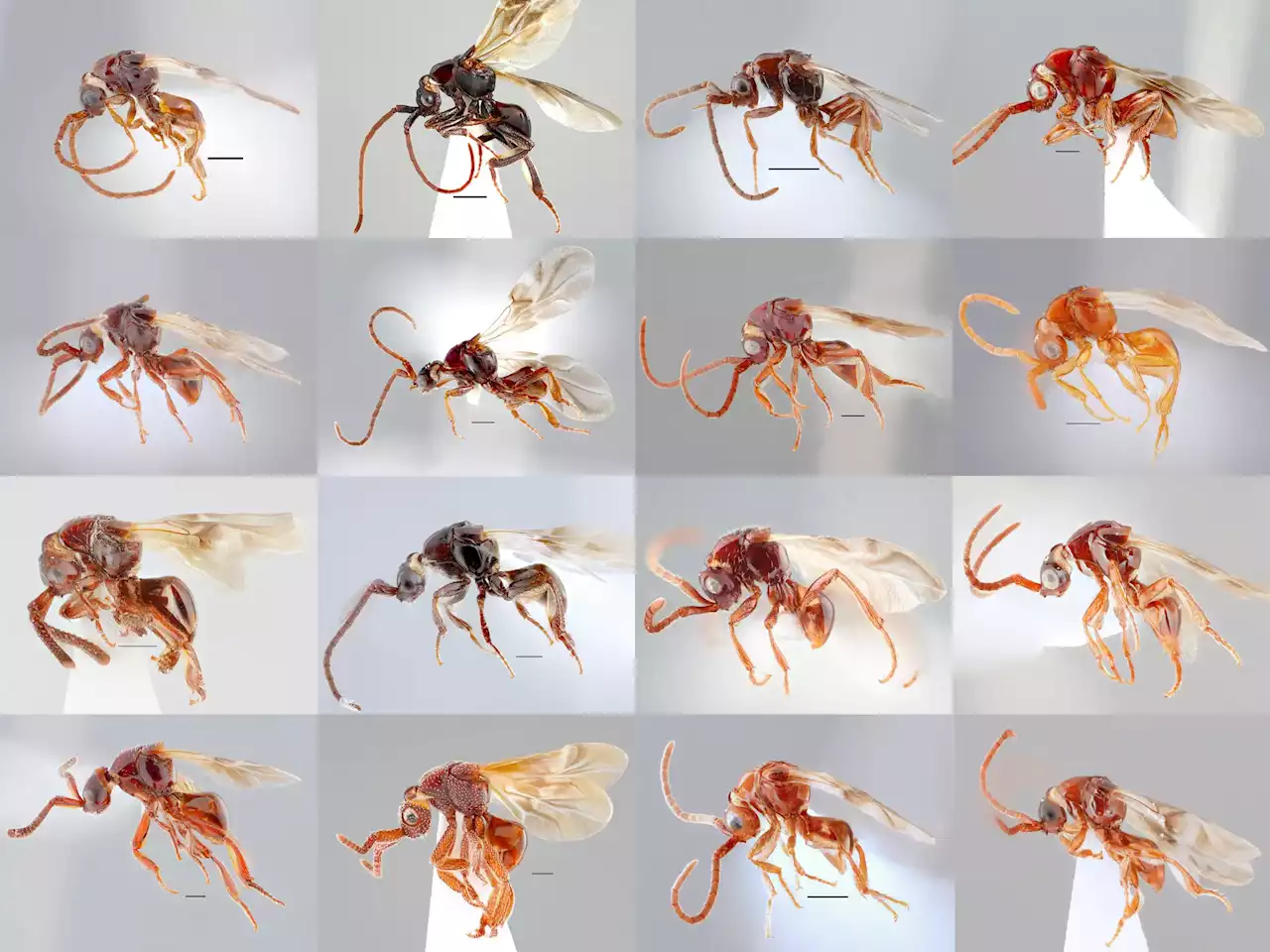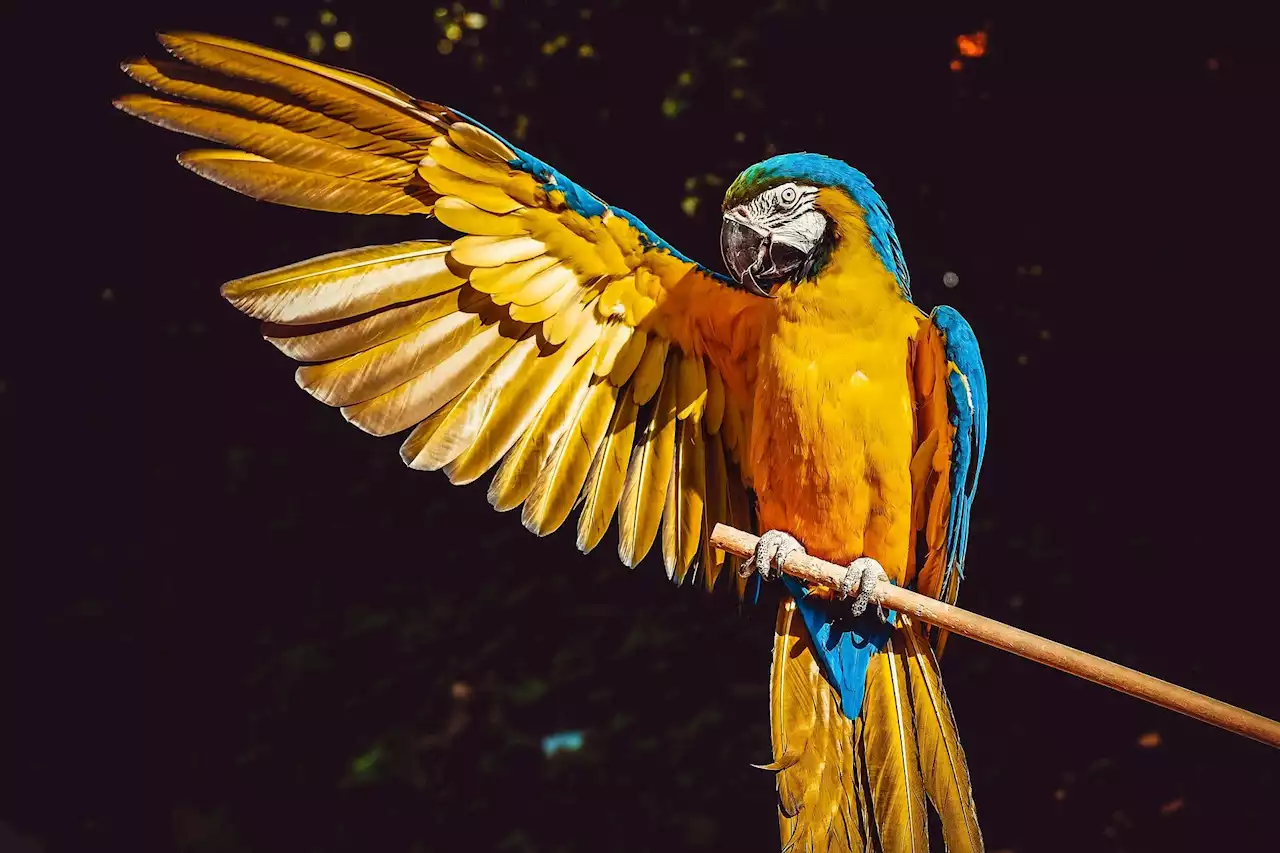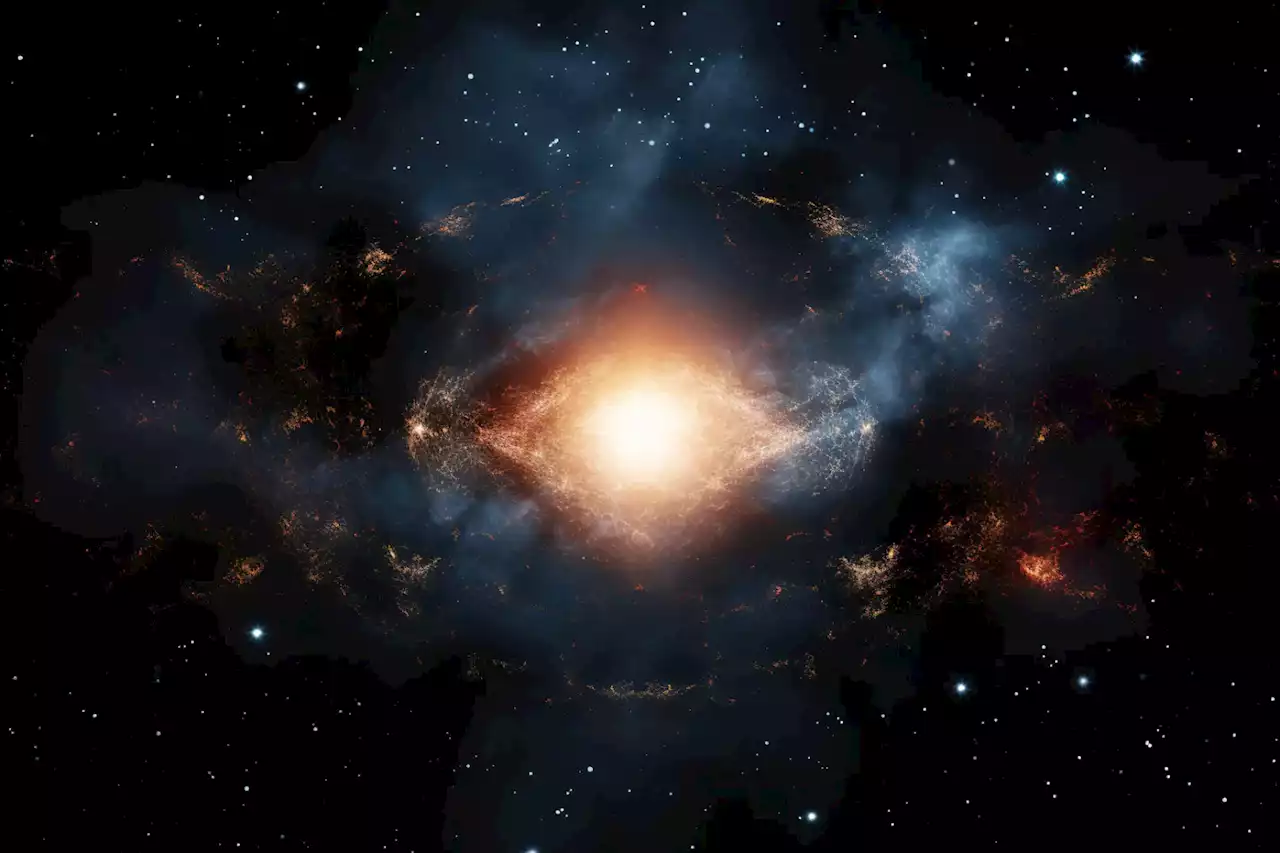Researchers from the University of Cambridge have discovered a new way to measure dark energy – the mysterious force that makes up more than two-thirds of the universe and is responsible for its accelerating expansion – in our own cosmic backyard. The researchers found that it may be possible to
Researchers have discovered a method to potentially detect and measure dark energy by examining the motion between the Milky Way and Andromeda galaxies. This technique, still in its early stages, can estimate the upper value of the cosmological constant, a simple model of dark energy, which is five times higher than values determined from the early universe.
“Dark energy is a general name for a family of models you could add to Einstein’s theory of gravity,” said first author Dr. David Benisty from the Department of Applied Mathematics and Theoretical Physics. “The simplest version of this is known as the cosmological constant: a constant energy density that pushes galaxies away from each other.”
However, there is one region of the universe that is surprisingly sensitive to dark energy, and it’s in our own cosmic backyard. The Andromeda galaxy is the closest to our own Milky Way, and the two galaxies are on a collision course. As they draw closer, the two galaxies will start to orbit each other – very slowly. A single orbit will take 20 billion years.
“Dark energy affects every pair of galaxies: gravity wants to pull galaxies together, while dark energy pushes them apart,” said Benisty. “In our model, if we change the value of the cosmological constant, we can see how that changes the orbit of the two galaxies. Based on their mass, we can place an upper bound on the cosmological constant, which is about five times higher than we can measure from the rest of the universe.
United States Latest News, United States Headlines
Similar News:You can also read news stories similar to this one that we have collected from other news sources.
 Researchers discover possible new cause for Alzheimer’s diseaseScientists at Oregon Health and Science University have made a development that could lead to a greater understanding of Alzheimer’s disease and vascular dementia.
Researchers discover possible new cause for Alzheimer’s diseaseScientists at Oregon Health and Science University have made a development that could lead to a greater understanding of Alzheimer’s disease and vascular dementia.
Read more »
 Researchers Discover New Mnemomic Networks in the BrainThe medial temporal lobe (MTL) houses the human memory system. Broadly, it contains the hippocampus, parahippocampal cortex, perirhinal cortex, and entorhinal cortex. “One big challenge in studying the MTL is its great anatomical variability across people. Therefore, prior studies that were using
Researchers Discover New Mnemomic Networks in the BrainThe medial temporal lobe (MTL) houses the human memory system. Broadly, it contains the hippocampus, parahippocampal cortex, perirhinal cortex, and entorhinal cortex. “One big challenge in studying the MTL is its great anatomical variability across people. Therefore, prior studies that were using
Read more »
 Discover the history, art of animation at new MOSH exhibitNews4JAX got a sneak peek at the new 'Animation Academy' exhibit that opens Saturday at the Museum of Science and History.
Discover the history, art of animation at new MOSH exhibitNews4JAX got a sneak peek at the new 'Animation Academy' exhibit that opens Saturday at the Museum of Science and History.
Read more »
 Scientists Discover 16 Strange New Species of of Parasitoid Wasp in VietnamA recent exploration in Vietnam for the elusive Loboscelidia, a type of parasitoid wasp, has expanded the global count of known species by 30% and uncovered their unique egg-burying behavior. Scientists from Kyushu University and Vietnam's National Museum of Nature have identified 16 previously unk
Scientists Discover 16 Strange New Species of of Parasitoid Wasp in VietnamA recent exploration in Vietnam for the elusive Loboscelidia, a type of parasitoid wasp, has expanded the global count of known species by 30% and uncovered their unique egg-burying behavior. Scientists from Kyushu University and Vietnam's National Museum of Nature have identified 16 previously unk
Read more »
 Excavators discover new Indo-European language in Türkiye's HattushaNew language was spotted in ritual text inscribed on tablet in ruins of what was once capital of ancient Hittite Empire, officials say, providing valuable insights into mysterious linguistic landscape of Late Bronze Age Anatolia.
Excavators discover new Indo-European language in Türkiye's HattushaNew language was spotted in ritual text inscribed on tablet in ruins of what was once capital of ancient Hittite Empire, officials say, providing valuable insights into mysterious linguistic landscape of Late Bronze Age Anatolia.
Read more »
 Researchers' analysis of perching birds points to new answers in evolutionary diversificationWhen Charles Darwin traveled to the Galapagos Islands almost 200 years ago as a gentleman naturalist, he used the power of observation to develop his theory that species evolve over time.
Researchers' analysis of perching birds points to new answers in evolutionary diversificationWhen Charles Darwin traveled to the Galapagos Islands almost 200 years ago as a gentleman naturalist, he used the power of observation to develop his theory that species evolve over time.
Read more »
